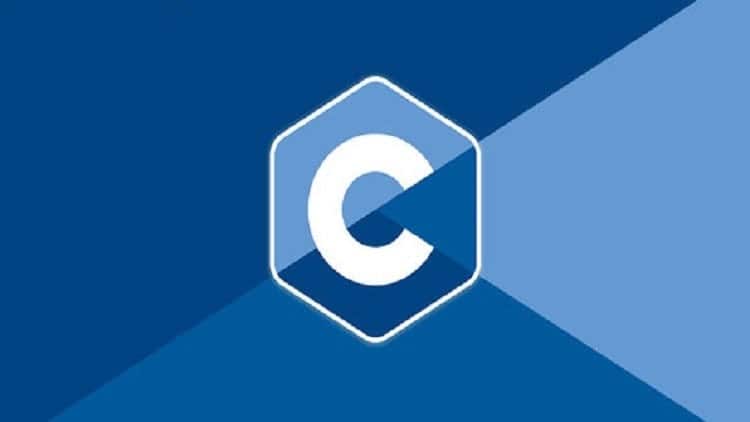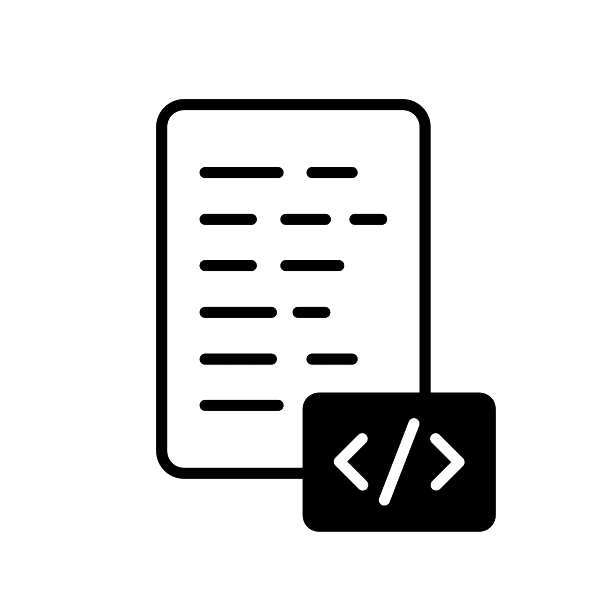Master the “mother” language of coding: Learn C and unlock the gateway to programming excellence.

Our teachers and tutors graduated from top universities








Overview

Personalized Coding Curriculum
Choose the programming languages or topics that engage you, and we'll connect you with a skilled tutor for individualized mastery.

Adjustable Coding Lessons
Arrange lessons at times that suit you, for either a brief insight or comprehensive exploration; you are in control of your learning journey.

Individualized One-on-One Instruction
Your educational progression is designed to match your speed and selected obstacles, ensuring uninterrupted growth without the distractions or conflicting demands.
About C
The C programming language, originally developed in the early 1970s, has an enduring legacy that continues to shape the realm of programming. Its low-level capabilities make it ideal for system programming, including operating system kernels and hardware drivers. What sets C apart from other languages is its blend of efficiency and simplicity, offering unparalleled performance when it comes to system-level tasks.
A striking feature of C is its portability, which allows for the development of software that can run on various hardware platforms. This makes C especially beneficial for embedded systems, where resources are often limited and performance is critical. The language provides direct access to the computer’s memory through pointers, enabling efficient manipulation of data structures and rapid execution of programs.
C is frequently regarded as the universal language of programming, providing the building blocks for other high-level languages like C++, Python, and Java. Its syntax and fundamental concepts have influenced numerous modern programming languages, showcasing its foundational importance. Mastering C can serve as an excellent stepping stone for learning other languages and technologies, making it invaluable for anyone aspiring to become a versatile developer.
The C Standard Library enriches the language’s functionality by offering a collection of functions for tasks such as input/output operations, string manipulation, and memory allocation. This library is remarkably useful, as it standardizes these operations across different operating systems, thereby ensuring code reusability and maintainability.
Furthermore, the active community around C continues to contribute to its vast ecosystem, comprising of a wealth of open-source libraries and tools. With a mature and supportive community, programmers have ample resources for learning, debugging, and enhancing their coding skills in C.
From system software to databases, from computer graphics to machine learning, C’s range of applications is vast, reflecting its versatility and indispensability in the modern technological landscape. Given its longevity and sustained relevance, learning C is akin to acquiring a timeless skill, a fundamental understanding of the inner workings of computers that will serve you well in any computing endeavor.
Description
Understanding C programming can accelerate your grasp of other languages, as it’s foundational and often considered the “mother language” of modern programming. Known for its speed compared to languages like Python or Java, C has found a niche in various domains such as gaming, banking, IT, education, and more. Get the fundamentals down pat and build your first program in this course.
What you will learn
- Explore fundamental concepts like enums, data types, nested loops, loop control, pointers, and arrays.
- Build your first program, applying the principles covered in the course.
Requirements
- Ages 13 – 18
- Basic understanding of programming terminologies
Student FAQs About Coding with C
C is considered a foundational language in computer science. Learning C can provide a deep understanding of how software interacts with hardware, which can be invaluable as you progress to more high-level languages. Its syntax is straightforward, making it easier for beginners to focus on understanding the core concepts of programming.
Absolutely! Despite being one of the older programming languages, C continues to be relevant. It is commonly used in system programming, embedded systems, and even in modern software applications. Knowing C can give you a competitive edge in fields like cybersecurity and data science.
While C, C++, and C# share similar names, they are distinct languages. C is procedural, while C++ is an extension that adds object-oriented features. C# (C Sharp) is a language developed by Microsoft for the .NET framework, more geared towards web and Windows applications. Knowing C can make it easier to learn these other languages, but they are not the same.
To start coding in C, you’ll need a text editor to write your code and a compiler to translate it into machine language. Many Integrated Development Environments (IDEs) like Code::Blocks or Visual Studio provide these tools in one package. There are also numerous online tutorials, books, and courses tailored for beginners.
Beginners often make mistakes like neglecting to initialize variables, improperly allocating memory, or ignoring compiler warnings. Understanding the debugging process and carefully reading error messages can be helpful for avoiding these pitfalls.
How it works
1
Request a tutor
Let us know your goals and age range. We'll figure out a plan to help get you there.
2
Match with a tutor
We'll recommend you a tutor based on your needs and goals, or you can request a specific tutor.
3
Start a free trial
Experience a free trial lesson with your new tutor and see if your learning style matches.
4
Keep it up!
If everything went well, sign up to keep going! You can choose the pacing of the lessons
Need more info?
Let's talk.
Leave your phone number, and we’ll call you back to discuss how we can help you.


